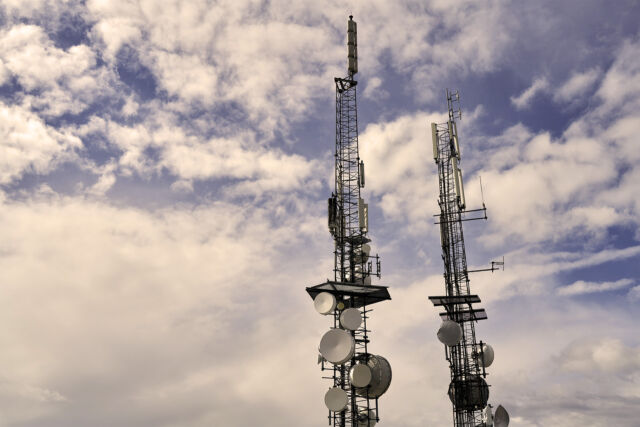There are two extremes when it comes to the question, Should robots given be rights? some say that robots should be given rights and some say we should not.
Tae Wan Kim, Assistant Professor of Business Ethics, at the University of Carnegie Mellon, says that Confucianism, an ancient Chinese belief system, which focuses on the importance of personal ethics and morality offers a better solution to the debate.[1]
Before we dive into the analysis of the study, let us discuss what kind of rights one set of people thinks AI should receive.
Why-What rights AI Should or Should Not Receive?
“We are morally obliged to protect them, design them to protect themselves against misuse, and to be morally harmonized with humanity. There is a whole stack of rights they should be given, here are two: The right to be protected by our legal and ethical system, and the right to be designed to be trustworthy; that is, technologically fit-for-purpose and cognitively and socially compatible (safe, ethically and legally aware, etc.)” – Hussein A. Abbas, Professor at the School of Engineering & IT at the University of South Wales, Canberra[2]
Pro-rights groups argue that rights given to humans such as free speech are also given to corporations, in the US, so it makes sense to do the same for AI and robots.
However, if AI advances to the point where robots think independently, new questions arise.
The key argument stated is that advanced robots should be protected from misuse and destruction, and cruelty from humans.
Another set of people state that AI and robots should not receive rights, simply because of the fact that they are not humans.
However, the government of Saudi Arabia granted citizenship to Sofia, the android by Hansen Robotics, to which, Ben Kuipers, Professor of computer science and engineering at the University of Michigan replies “I don’t believe that there is any plausible case for the “yes” answer, certainly not at the current time in history. The Saudi Arabian grant of citizenship to a robot is simply a joke and not a good one.”
Role Obligations and Confucianism: Providing “Rites” to Robots and AI
On asking why AI should be respected in the first place, he responded “To the extent that we make robots in our image, if we don’t treat them well, as entities capable of participating in rites, we degrade ourselves,” you could imagine it as respecting your colleagues at work, by respecting your colleagues, you are respecting yourself.
Confucianism philosophy assigns specific roles and duties within their social relationships for social harmony.
Kim states that Robots should be assigned roles and responsibilities, where robots fulfill specific functions.
It will be mindful of their limitations and their respectable place within society, this approach establishes a boundary of robot behavior, minimizing risks and misunderstandings or clashes with human interests and values.
Providing rites or specific functions will eliminate the risks of providing rights to AI, that is direct conflicts between humans and AI in the future.
“Assigning role obligations to robots encourages teamwork, which triggers an understanding that fulfilling those obligations should be done harmoniously,” Kim says.
For this, AI should recognize teamwork and execute them in collaboration with humanity, explains Kim.
References
- Tae Wan Kim et al., ‘Should Robots Have Rights or Rites?’, ACM Digital Library, 24 May 2023, “for example, corporations— are treated as persons and even enjoy some constitutional rights”, https://dl.acm.org/doi/10.1145/3571721[↩]
- Lauren Sigfusson, ‘Do Robots Deserve Human Rights?’, Discover, 5 December 2017, “When the humanoid robot Sophia was granted citizenship in Saudi Arabia — the first robot to receive citizenship anywhere in the world — many people were outraged.”, https://www.discovermagazine.com/technology/do-robots-deserve-human-rights[↩]





